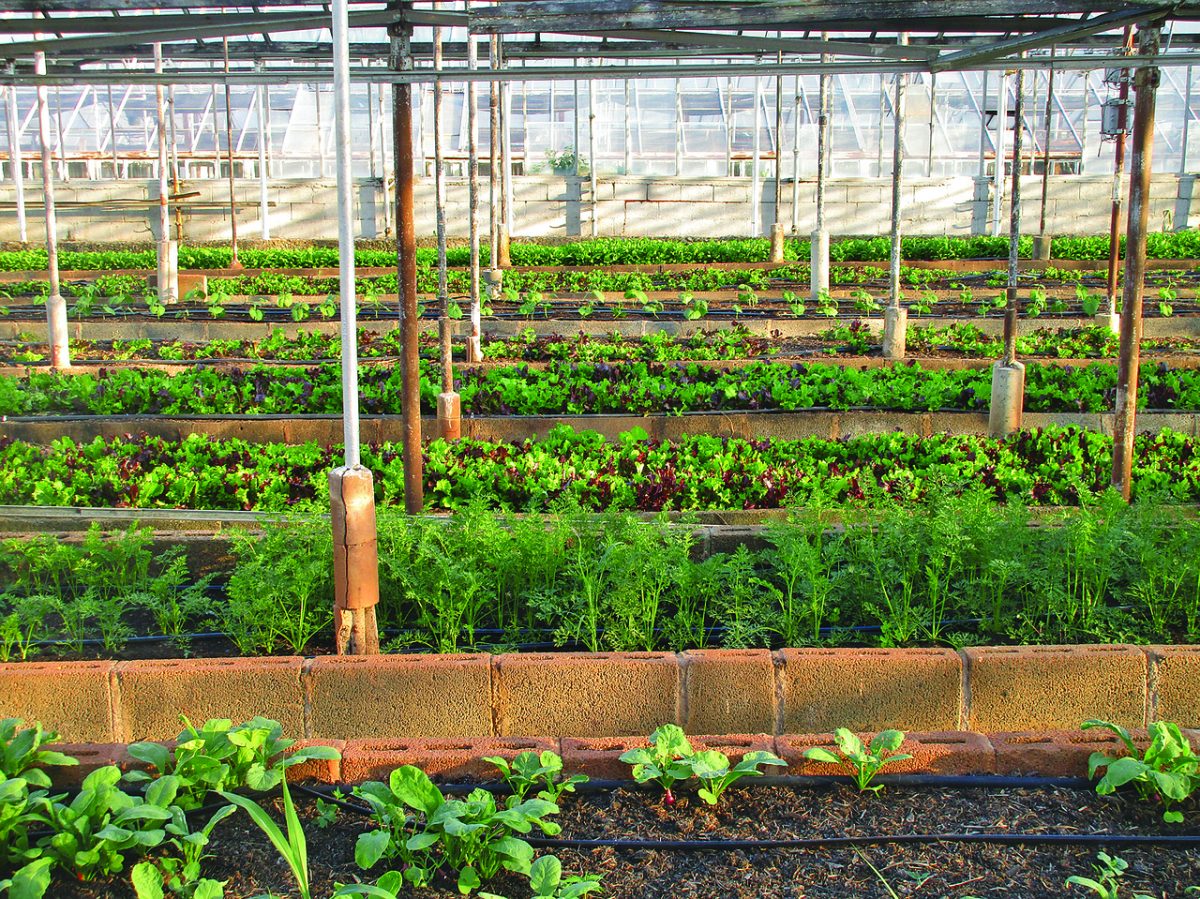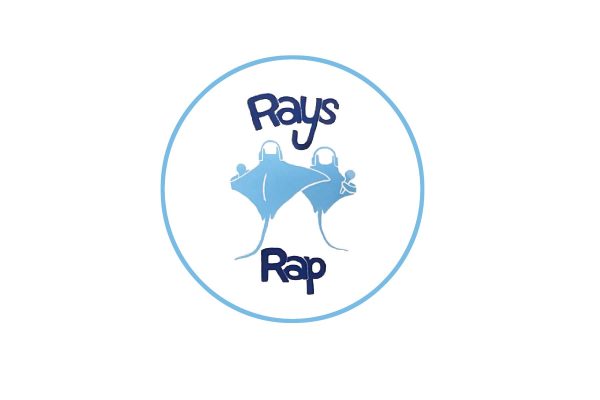When you think of farming, you likely envision the countryside with its tractors and rows of crops. But have you considered urban farming? The USDA defines urban farming as the cultivation, processing, and distribution of agricultural products in urban and suburban areas. Examples include community gardens, rooftop farms, hydroponic, aeroponic, and aquaponic facilities, as well as vertical production. With urban farming becoming increasingly common, how does it compare to traditional farming in terms of environmental and community benefits?
Urban farming offers numerous environmental advantages. It fosters biodiversity and contributes to local ecosystems by providing habitats for insects, birds, and other wildlife in densely built areas. Additionally, it aids in soil regeneration in degraded urban areas through practices like composting and crop rotation, thereby enhancing soil health and reducing erosion. Since urban farms are closer to urban centers, they eliminate the need for extensive transportation, resulting in lower carbon emissions associated with food distribution.
Moreover, urban farming provides a range of social benefits that empower communities and individuals. Firstly, it ensures access to fresh, nutrient-rich produce in areas plagued by food deserts or limited access to grocery stores, thereby improving food security and public health. Furthermore, urban farms serve as vital communal spaces, fostering a sense of belonging and bolstering social cohesion. These spaces also offer valuable opportunities for education on agriculture, nutrition, and food systems, equipping people with the knowledge to make healthier dietary choices and fostering a deeper understanding of the environment. Finally, urban farming presents economic opportunities, particularly in economically disadvantaged areas, by creating jobs in farm management, education, and market vending. Through these social benefits, urban farming not only strengthens communities but also empowers individuals to lead healthier, more sustainable lives.
In addition to its environmental sustainability, urban farming positively impacts people and communities in terms of health and community engagement. By providing access to fresh, locally grown produce, urban farming promotes physical well-being and encourages healthier dietary habits. Engaging in gardening activities within urban farming spaces also benefits mental health, offering therapeutic outlets that alleviate stress, anxiety, and depression while connecting individuals with nature. Moreover, the physical demands of urban farming, such as planting, weeding, and harvesting, promote regular physical exercise, contributing to overall fitness and well-being. Through its focus on health and community involvement, urban farming emerges as a sustainable solution that benefits both individuals and their surroundings.
In summary, urban farming enhances food production and community engagement by integrating agriculture into urban spaces. It promotes biodiversity, reduces carbon emissions, enhances food security, promotes health, and creates economic opportunities. By empowering people through education and hands-on involvement, urban farming fosters sustainable living, benefiting both individuals and communities for a better future.















